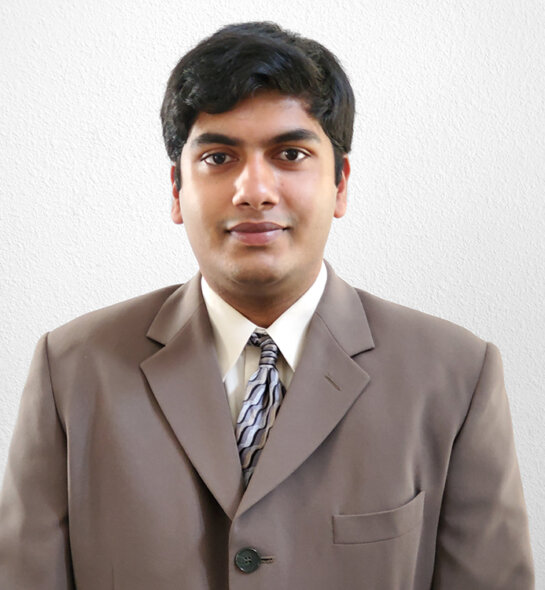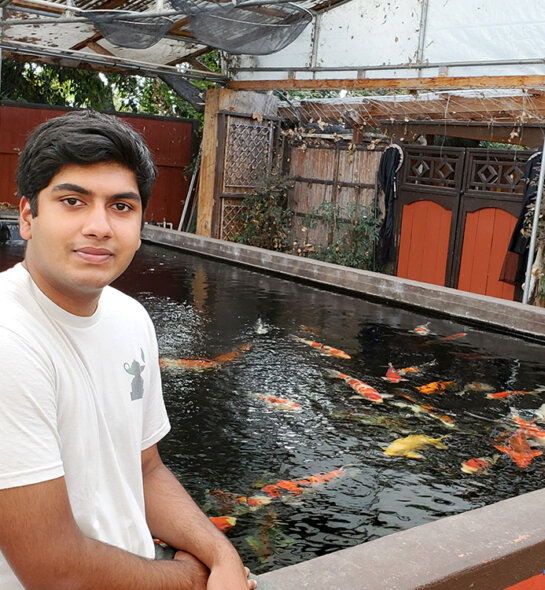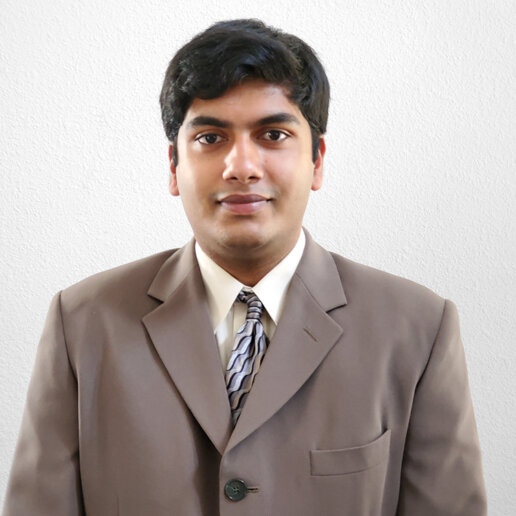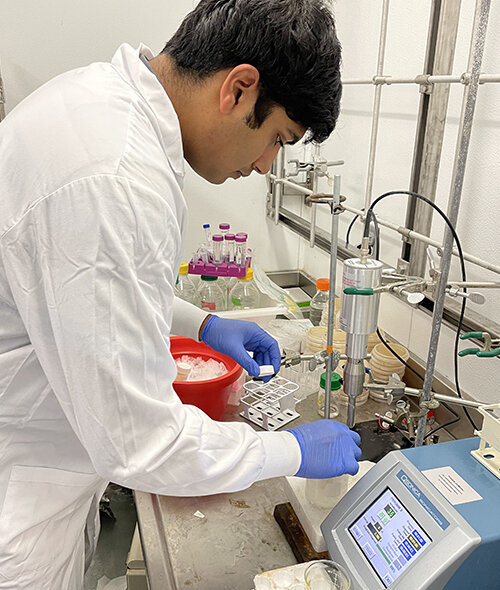Deeper Dive
CRISPR is a popular biotechnology tool that researchers have been using to modify the genes of a variety of organisms. CRISPR systems originate as a defense mechanism that bacteria use to cleave viral nucleic acids and, in turn, defend themselves from viral infections. In my research work, I investigated how the bacterial CRISPR-Cas9 system could be repurposed to function as an inducible intracellular defense mechanism that protects human cells from viral infections.
To test this, I genetically engineered the A549 human lung carcinoma cell line to inducibly express the Cas9 enzyme. Afterwards, I introduced cytomegaloviral DNA into the cells and measured the expression of the DNA with a transcribed luminescent indicator. I found that when Cas9 was induced and coupled with a targeting guide, expression of the viral DNA significantly decreased, indicating that the Cas9 enzyme was successfully able to protect the cell from the introduced viral DNA. This discovery indicates that Cas9 and Cas enzymes in general can similarly be programmed to target other viral targets and protect humans from viral infections. The benefit of a CRISPR defense mechanism is that this system does not rely on the patient having a healthy immune system as vaccination does. Even immunocompromised individuals can defend themselves with Cas9 as the enzyme works within each cell individually. This work is novel because it characterizes an inducible Cas9 system and tests CRISPR’s efficacy against cytomegaloviruses which are widely prevalent in the human population and have no cure. I thoroughly investigated and characterized this inducible CRISPR system by studying its viral load tolerance, copy number, and inducibility.
I came up with this idea after learning about the limited effectiveness of vaccines in immunocompromised patients. With the COVID-19 pandemic, I felt that it was high time and very pertinent to develop a complement to vaccinations to further protect people from viral infections.
One challenge that I had during this research was teaching myself all the wet-bench techniques required to conduct a project of this caliber. Due to the pandemic, the local bio-hackerspace I worked at was not offering training classes. I watched videos, studied research papers, read through research fora, and talked with my lab colleagues to teach myself how to use the different lab equipment and then apply what I learned to my research. I learned techniques like mammalian cell transfection, quantitative PCR, bacterial transformation, and nucleic acid purification, all of which required patience, persistence, and dedication. Overall, conducting this research was a gratifying and rewarding experience for me. I am glad that I found a way to work through the pandemic. This work would not have been possible without my lab supervisor Mr. Johan Sosa, my mentor Mr. Merrick Pierson Smela, and my biotechnology teacher, Dr. Karen Allendoerfer. I am also one of the first high school students to deposit cloned CRISPR plasmids to Addgene, an international non-profit plasmid repository. Now researchers from across the world can access the materials generated from my project. My project won first place at the local Synopsys science fair this year, and I was a Bay Area 2022 Biogeneius finalist. I have also completed and published a paper on my research work.
My work has a strong potential to impact people’s lives. By stably integrating Cas9 or a different RNA targeting Cas variant into the genome of humans, the body will be more equipped to handle viral infections. CRISPR-Cas systems have the potential to act as powerful viral therapy that allows those with weakened immune systems to protect themselves. This work characterizes one such system and validates the efficacy of Cas9. With further investigation, a future where the CRISPR-Cas systems are fully utilized within the human body may become a reality.



